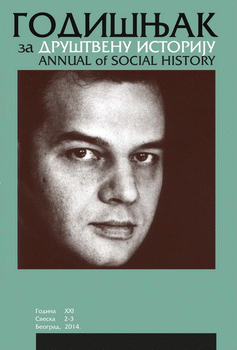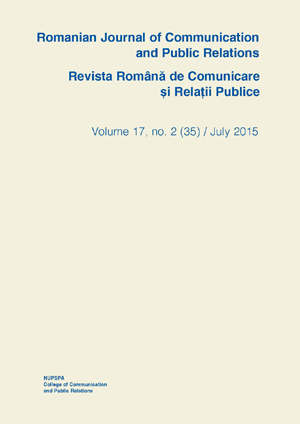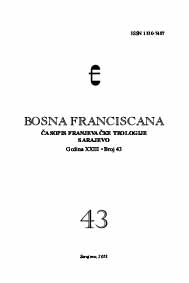
Russian emigration in the works of Miroslav Jovanovic
Руска емиграција у радовима Мирослава Јовановића
Almost two-thirds of all scientific researches of the late prof. M. Jovanović were devoted to the study of problems concerning Russian emigrees. He managed to formulate a new methodological problem – the existence of the Russian emigration in the Balkans as separate entity linked by the common experiences in different demographic, migratory and cultural events. The argumented unification of the Russian emigration in the Balkans in the specific social and cultural group enabled to develop a special periodization of Russian emigrees. He noticed that the internal connections of Russian emigrants as well as their views and attitude towards their distant Motherland, being less public and obvious for Serbian society, were of primary importance for the Russian emigration as the unique social group. The rational approach of prof. M. Jovanovic was a very successful example of using methodological approaches of social history in new and unresearched areas of history.
More...


